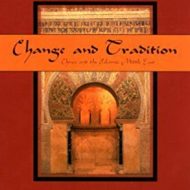On Sunday October 6, the China Basketball Association (CBA) issued a statement via Weibo that they were cutting ties with the NBA’s Houston Rockets. The Houston Rockets have a well known connection with the Chinese market, with many fans and supporters from both mainland China and Hong Kong. The CBA announced that they were suspending “exchanges and cooperation” with the Houston Rockets in response to a tweet that Rockets General Manager Daryl Morey released. Morey tweeted a picture with the caption “Fight for freedom. Stand with Hong Kong.” This pro Hong Kong statement triggered the CBA alongside multiple Chinese businesses (Li-Ning and Shanghai Pudong Development Bank) to end their current relationship with the Houston Rockets.
Tension between Hong Kong and mainland China is at an all time high. Any business or person (especially American) who criticizes Chinese President Xi Jinping will be denounced immediately by Chinese entities. Opposition statements to Morey’s comments include: “We want to express our indignation and strong condemnation… We have already stopped our cooperation with the Houston Rockets, and continue to urge them to give a clear answer on this matter.” from Chinese sportswear brand Li-Ning and “SPD Bank Credit Card Center expresses strong protest and opposition to the wrong remarks made by Houston Rockets” by SPD Bank.
Morey’s future with the Houston Rockets in currently unknown. Since Morey is regarded as one of the NBA’s best General Managers it would be difficult for the Rockets to fire him. But the NBA is a global brand with China representing their largest international market for expansion.
